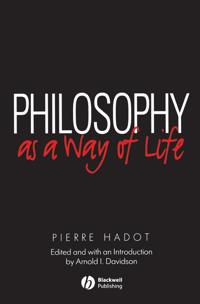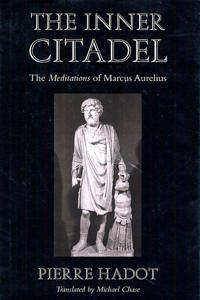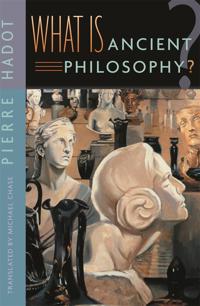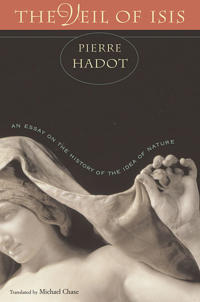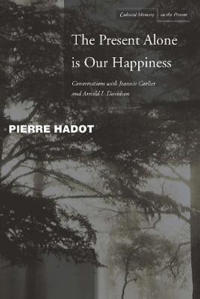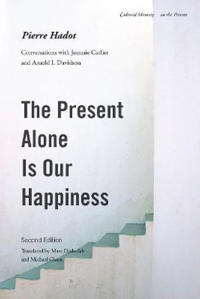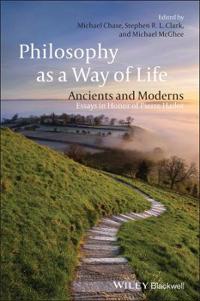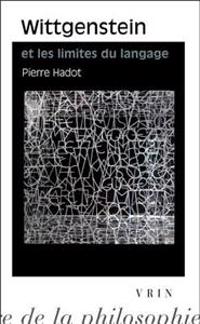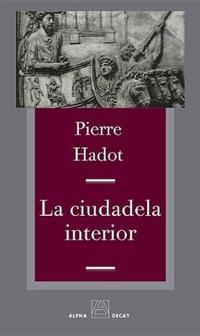Philosophy as a Way of Life (Häftad)
avPierre Hadot, Arnold Davidson
ISBN: 9780631180333 - UTGIVEN: 199508This book presents a history of spiritual exercises from Socrates to early Christianity, an account of their decline in modern philosophy, and a discussion of the different conceptions of philosophy that have accompanied the trajectory and fate of the theory and practice of spiritual exercises. Hado[...]
What is Ancient Philosophy? (Häftad)
avPierre Hadot
ISBN: 9780674013735 - UTGIVEN: 200404A magisterial mappa mundi of the terrain that Pierre Hadot has so productively worked for decades, this ambitious book revises our view of ancient philosophy - and in doing so, proposes that we change the way we see philosophy itself. Hadot takes ancient philosophy out of its customary realm of name[...]
The Veil of Isis (Häftad)
avPierre Hadot
ISBN: 9780674030497 - UTGIVEN: 200809Nearly twenty-five hundred years ago the Greek thinker Heraclitus supposedly uttered the cryptic words 'Phusis kruptesthai philei.' How the aphorism, usually translated as 'Nature loves to hide,' has haunted Western culture ever since is the subject of this engaging study by Pierre Hadot. Taking the[...]
Philosophy as a Way of Life: Ancients and Moderns: Essays in Honor of Pierre Hadot (Inbunden)
avMichael Chase, Stephen R. L. Clark, Michael McGhee
ISBN: 9781405161619 - UTGIVEN: 2013-09This unique collection of essays on the late Pierre Hadot's revolutionary approach to studying and practising philosophy traces the links between his work and that of thinkers from Wittgenstein to the French postmodernists. It shows how his secular spiritual exercises expand our horizons, enabling u[...]
Wittgenstein Et Les Limites Du Langage (Häftad)
avPierre Hadot
ISBN: 9782711617043 - UTGIVEN: 2004-10Les etudes reunies ici temoignent de la decouverte de la philosophie analytique par les philosophes francais de l'apres-guerre: dans les annees 1950, Pierre Hadot fut en effet l'un des premiers a s'interesser aux rapports entre logique et langage dans la pensee de Wittgenstein. Ces etudes pionnieres[...]
La Ciudadela Interior (Häftad)
avPierre Hadot, Arnold I. Davidson
ISBN: 9788492837472 - UTGIVEN: 2014-07In this stirring introduction to Marcus Aurelius's "Meditations," noted French philosopher Pierre Hadot offers proof of the way in which the Roman emperor's thoughts form part of a tradition of spiritual exercise that spans the period between the ancient Greek philosophers to Michel Foucault. This t[...]

